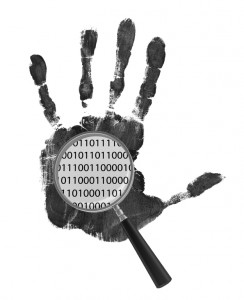Research and Data Give Hope for Combating Racism
By Isaac Butler
By Isaac Butler
MSNBC asked Executive Director Alexis McGill Johnson to weigh in on the State of Our Union. Her essay focuses on data and police reform:
“Promoting hope or optimism in the context of race and public policy is tricky business. Decades, if not centuries, of empty political promises and growing disparities have undermined even the best of intentions for most elected officials. And yet, recent innovations in the way we not only understand the experience of race in America but also measure the effects of racial bias and anxiety on how we teach, treat patients and employees, or police our communities, are creating new possibilities for what policy reform can look like where race is concerned.”
You can read the whole thing here.
Normally, when we talk about policing and “big data,” we mean using data analytics to predict where crime is likely to happen, allowing us to target policing. But there’s another way that data can help us, namely showing how to drive reform of police departments. Perception Institute Research Advisor Phillip Atiba Goff is working on a very important effort in this direction:
The CPE is tackling the lack of data through a justice database project, which is an effort to create a standardized set of data detailing police interactions. Standardization is important because while many police departments keep records, they keep different types of data, making it difficult to compare and analyze trends.
You can read more about that here.


